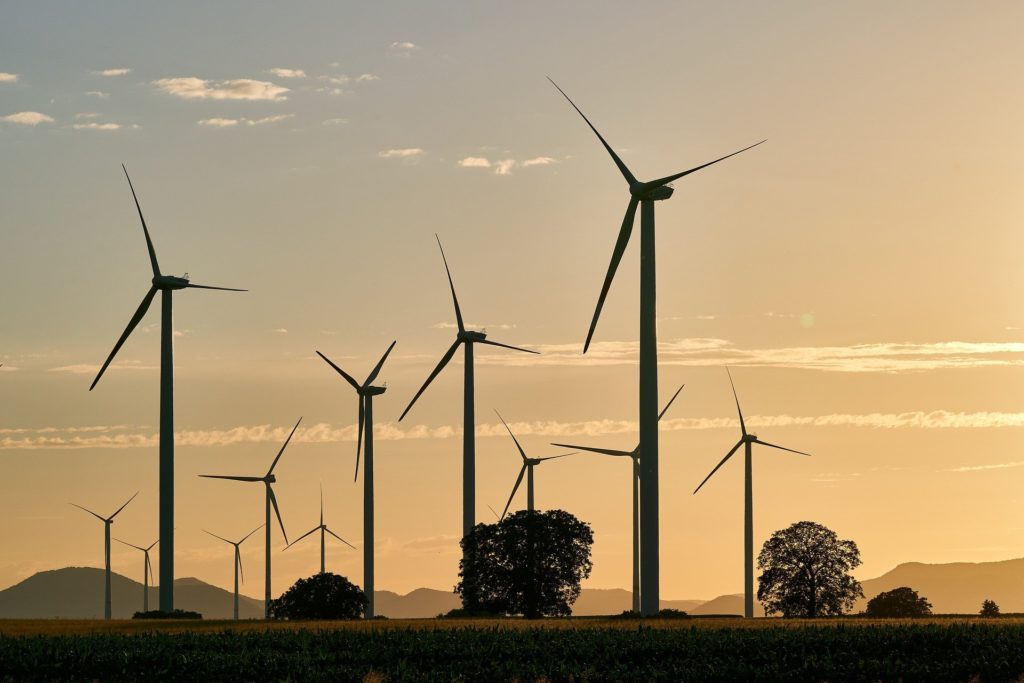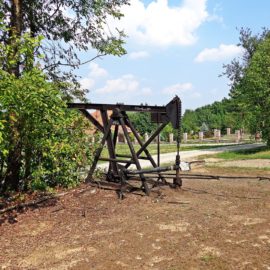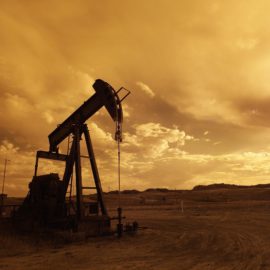
Louisiana is going through an energy transition. Oil is not the save all it used to be and renewables are rising. The state needs to realize this and move accordingly.
There’s a lot of talk about how a threat to the oil and gas industry is a threat to Louisiana. But here’s the thing, direct oil and gas sector jobs account for less than 2% of the total state workforce and only 6% of the state’s revenues today. The oil and gas industry constitutes a very insignificant portion of Louisiana’s economic engine. But what about new jobs? Increasing production no longer creates jobs. Between 2012 and 2019, U.S. crude oil production increased by an astonishing 87%. U.S. natural gas production rose by 41%. At the same time, employment in extraction cratered. In Louisiana, the Gulf of Mexico and the Haynesville Shale saw record production, but direct employment in “oil & gas extraction” fell by 26.9% and jobs “drilling oil & gas wells” plummeted by 62.4% between 2008 and 2019. These employment figures are courtesy of the Louisiana Mid-Continent Oil and Gas Association. Despite these stark statistics, the federal government plans to auction off 80 million acres of the Gulf of Mexico in Lease Sale 257. As the oil and gas industry sunsets globally, plenty of companies will try to dine and dash on the public’s resources on Louisiana’s coast, but they will no longer hire Louisiana workers at previous levels before the decommissioning bill arrives.
theAdvocate.com
Oil and gas of course are fighting but their fight is with time and change not what they propose.
The oil and gas industry will blame this on “politics” or “red tape” or even those pesky environmentalists, but this was entirely predictable. The truth is that the oil and gas industry drilled itself into a global oversupply which led to a price crash, and then they made up their profit margins by firing lots and lots of oil and gas workers. The oil and gas industry has learned to siphon out more profits with fewer workers, and it’s not going back. Indeed, as transnational oil and gas companies raked in COVID-19 relief dollars, they fired 118,000 (and counting) oil and gas workers in the United States this past year alone. Louisianans received 10,200 pink slips. No matter how much of your tax money Baton Rouge tries to throw at it, the oil and gas industry has zero intention of bringing those jobs back.
Oil looks to the past and we need to look forward to the future and combat climate change. The past did not join this fight.
Instead of focusing on Louisiana’s past, we must begin working towards our future. Louisiana’s shallow continental shelf is ideal for next-generation wind turbines and boasts one of the nation’s largest share of deployable offshore wind resources. The National Renewable Energy Laboratory forecasts that a single Gulf of Mexico offshore wind project could support approximately 4,470 jobs during construction and an ongoing 150 jobs from operation and maintenance labor, materials, and services. As oil and gas firms increasingly rely upon rig automation, incarcerated labor and exploited guest workers, these projections should strike the reader as a much better prospect than doubling down on what is clearly not working. The wreckage of the oil and gas industry presents another opportunity for Louisiana oil and gas workers. Thousands of miles of abandoned pipelines snake through our crumbling marshes and legacy and orphaned wells pockmark our whole state. Louisiana is not alone. More than an estimated 10 million (onshore) wells have been drilled during 150 years of oil and gas production in the United States. Our federal government could directly employ every displaced oil and gas worker to locate, decommission and monitor millions of oil and gas wells.
Workers are the most pressing problem but they can get jobs in the new energy world.
We can employ every single one of these workers while diversifying our economies and making our communities safer and healthier. We do not need oil and gas companies. But we do need oil and gas workers. We need to rebuild our long neglected infrastructure and we need to pay working people to do it. Let’s get to work, Louisiana.
This is part of why the governor said his successor can’t roll back his policies. Time is on our side.



